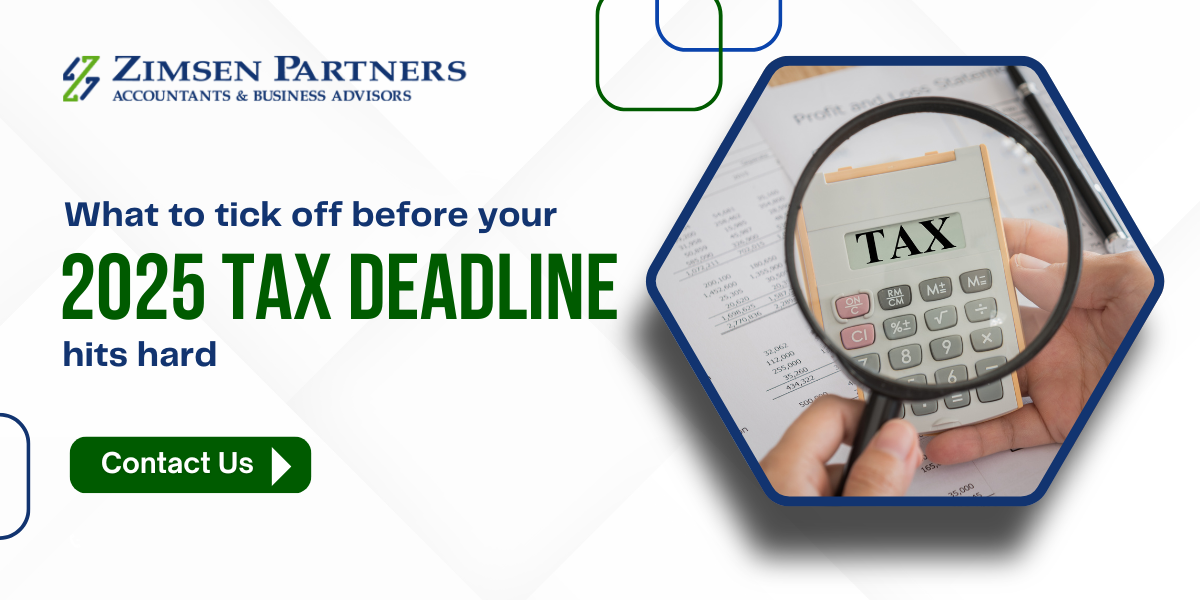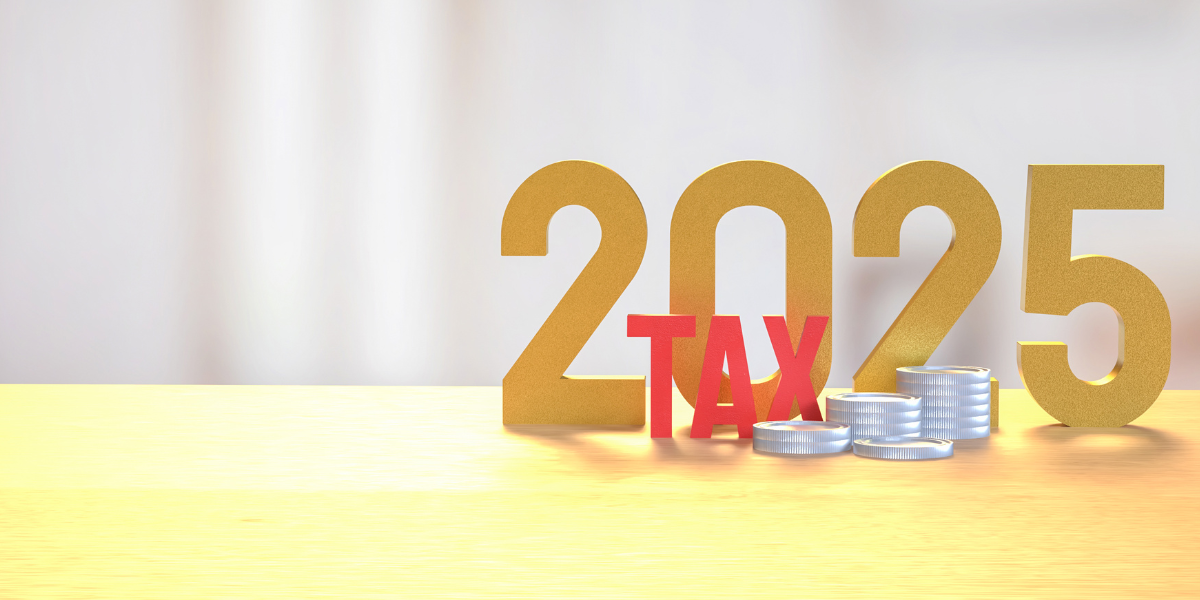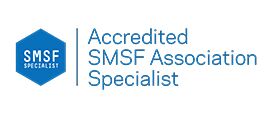With the number of Coronavirus cases growing daily, companies are becoming increasingly concerned and fearful of the damaging consequences the outbreak will have with many businesses already experiencing cash flow difficulties.
With the virus now worsening and directly impacting business here in Australia most businesses are experiencing a tightening in cashflow as supply chains collapse and demand shrinks. In the face of this duel shock the Federal Government recently announced an economic stimulus package which includes five measures intended to protect the economy and provide support to businesses.
Measure 1 – The Instant Asset Write Off
The first tax measure is an increase in the instant asset write-off threshold from $30,000 to $150,000 for businesses with a turnover of less than $500 million. Businesses will be able to write-off assets acquired within the new threshold from 12 March 2020 to 30 June 2020.
Impact on cashflow:
By bring forward any asset acquisition earmarked for the following year, this measure allows businesses to claim a deduction for larger assets in the current financial year which will allow businesses to reduce their year-end tax liability. For those businesses that make PAYG Instalment payments to the ATO this may allow them to re-estimate their tax payable and seek to reduce their future PAYG Instalments. Varying PAYG Instalments to xero may also result in a refund of previous instalments paid in the September and December quarters. The ATO has released further details on this measure
Measure 2 – 50% Investment Incentive
The second tax measure focuses on accelerating the depreciation of assets. Businesses with a turnover of less than $500 million will be able to deduct 50 per cent of the cost of eligible assets installed for use by 30 June 2021. This incentive will also assist with cash flow similarly to the previous measure by reducing income tax payable and PAYG instalments for both the 2020 financial year and the 2021 financial year.
Measure 3 – Cash support to Employers.
The third tax measure provides tax-free cash payments between $2,000 to $25,000 for eligible businesses who employ staff to assist with the cost of salary and wages. Businesses will receive tax-free payments of 50 per cent of the PAYG withheld from salary and wages for the period from 1 January 2020 to 30 June 2020 as reported in their Activity Statements up to a maximum of $25,000.
It is expected that this measure will seek to refund 50% of the PAYG Withholding paid by the employer within 14 days of the lodgement of their activity statements.
Smaller employers who withhold minor amounts or none at all may still be eligible to receive the minimum of $2,000.
Impact on cashflow:
Based on the announcement by the Federal government we believe the opportunity exists who taxpayers of companies and trusts who elect to pay themselves dividends or receive distributions in lieu of a wage to reconsider and instead pay themselves a salary or bonus to take advantage of this measure. However, they should consider the associated salary and wage costs including payroll tax, WorkCover and superannuation.
We await further details from the Federal Government clarifying the applicability of this measure to businesses operating as a group and whether further eligibility criteria may apply. We encourage taxpayers to contact their accountant to discuss how they could strategize to take advantage of this measure and others.
Measure 4 – Subsidising wages for apprentices and trainees.
The fourth tax measure seeks to assist businesses who employ apprentices and trainees to ensure the continued development of the skilled workforce. Eligible employers can apply for a wage subsidy of 50 per cent of wages for up to nine months from 1 January 2020 to 30 September 2020. For each apprentice or trainee, employers will be reimbursed up to a maximum of $7,000 per quarter ($21,000 total). Employers can register for the subsidy from early April 2020.
Impact on cashflow:
Subsidised wages are intended to encourage employers to employ apprentices and trainees in their workforce. Unfortunately the Federal Government has not made it clear if this subsidy is intended to be provided as a tax free.
Measure 5 – Support to the communities affected.
The final tax measure targets businesses in particular industries, such as travel, tourism and agriculture, who have been significantly affected by the outbreak. This measure also includes additional assistance for export-oriented business by providing assistance to identify alternative export markets or supply chains.
Impact on cashflow:
The ATO has also implemented support measures to assist businesses experiencing financial difficulties. Options available for businesses from the ATO include deferral of Business Activity Statement payments by up to four months, remitting interest and penalties incurred from 23 January 2020 and working with affected businesses to enter into payment plans to help with their existing and ongoing tax liabilities.
Businesses should take advantage of these tax relief measures to help managed their cash flow challenges. The Government has also signalled for a second stimulus package which is likely to be delivered this Friday or early next week to provide further relief for businesses.
The Reserve Bank of Australia today also cut its interest rates to a new record low which despite expectations may not translate to the intended boost required by businesses and the economy.
We believe that businesses should make the best of what has been offered so far and should feel free to contact our office to discuss how the stimulus measures can be effectively utilized by their business and other strategies should be employed to manage the other aspects of their business during this downturn.











